Summary
- David Hayter,
X-Men
‘s screenwriter, is thrilled by Alan Cumming’s comment that
X2
is the “gayest film.” -
X2
showcased allegory for bigotry and inclusion through its diverse characters, appealing to audiences. - The X-Men movies, including
X2
, help educate audiences about queerness and promote understanding and acceptance.
X-Men’s screenwriter, David Hayter, recently addressed Alan Cumming’s comment that X2: X-Men United is the “gayest film” the actor’s ever made, and Hayter was thrilled by it. Cummings, a queer actor and frequent advocate for LGBTQ+ rights, declared last week that X2, the second film in 20th Century Fox’s original X-Men trilogy, was the “gayest” movie he’s worked on, pointing out the queer director, stars and the characters’ allegory about queerness.
David Hayter spoke to TMZ about Cummings’ comment, and revealed that he couldn’t be happier that the actor feels that way. During the conversation, Hayter pointed out that Fox’s X-Men movies were among the first mainstream superhero films, way before the MCU. Hayter said that the franchise’s allegory for bigotry and exclusion were the point of their stories, and that the relatability connected the films with audiences. Responding to Cummings’ comment, Hayter said:
“I was thrilled Alan Cumming called X2 the gayest film he’d ever worked on. It made me really happy. I’m so glad we did right by him. He’s such an icon for gay rights. Ian McKellen also really recognized the allegory of it from a gay perspective.”
The X-Men’s allegory for real world bigotry is overt, and the films don’t shy away from including their message of equality and diversity in the stories. Set in a world where mutants are targeted by ‘normal’ people because of their powers, the film draws parallels to, and even directly includes, important events in human history. The first X-Men included a scene set during the Holocaust, a major part of Magneto’s backstory. X2 features a scene where Bobby/Iceman (Shawn Ashmore) comes out to his parents about his mutant powers. Hayter continued:
“We had the Holocaust in the opening of [X-Men’ and Magneto paraphrases Malcolm X at the end. It’s really for anyone who feels exclusion. But we had a number of key creatives behind the camera and on camera who were gay, so obviously that element was on our minds. The fact that came through and felt fulfilling for Alan meant a lot to me personally.”
The X-Men Movies Helped People “Understand Queerness”
Alan Cumming played Nigthcrawler, the blue-skinned, teleporting mutant in X2. Cummings’ comment about the film has riled up the side of the fan base who are sadly blind to the true message of the X-Men. However, it has also reached the positive side of the fan base, who have long embraced the films’ true meaning. As well as labeling X2 as his “gayest” film, Cummings believes the movies are so powerful because they can help ignorant or unknowing audiences learn about queerness. Cummings said:
“I think, in a way, those sorts of films really help people understand queerness, because you can address it in an artistic way, and everyone is less scared of the concept. It’s an allegory about queerness, about people having these great gifts and really great, powerful things that they have to hide to exist. Queer people understand what that’s all about.”
Related Why It’s Finally Time to Revisit the Fox X-Men Universe
Fox Studios and Bryan Singer made something new and cutting-edge. We can’t forget how they crawled so the MCU could run.
X2
and all of the
X-Men
movies are available to stream on Disney+.
You can view the original article HERE.

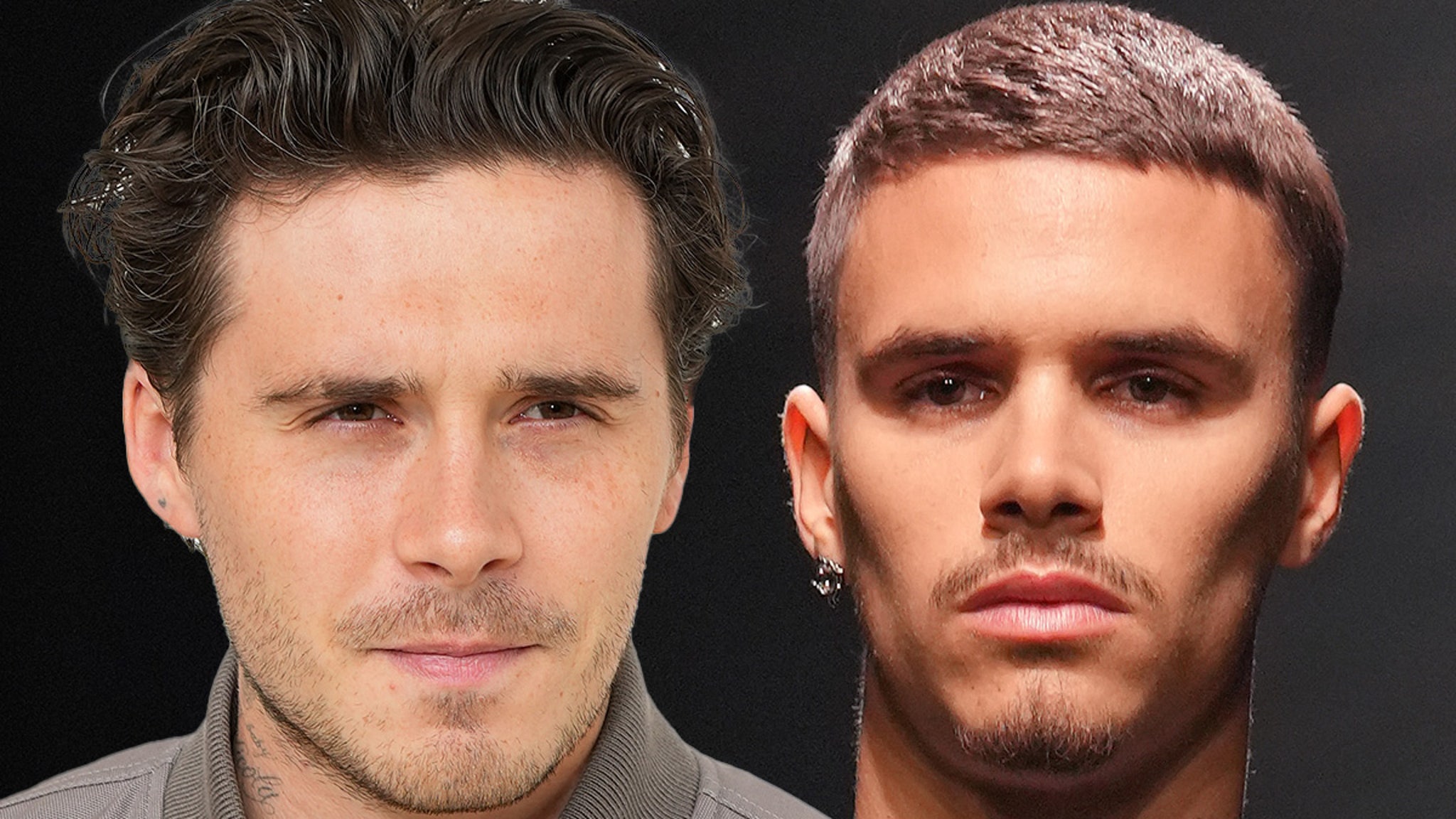




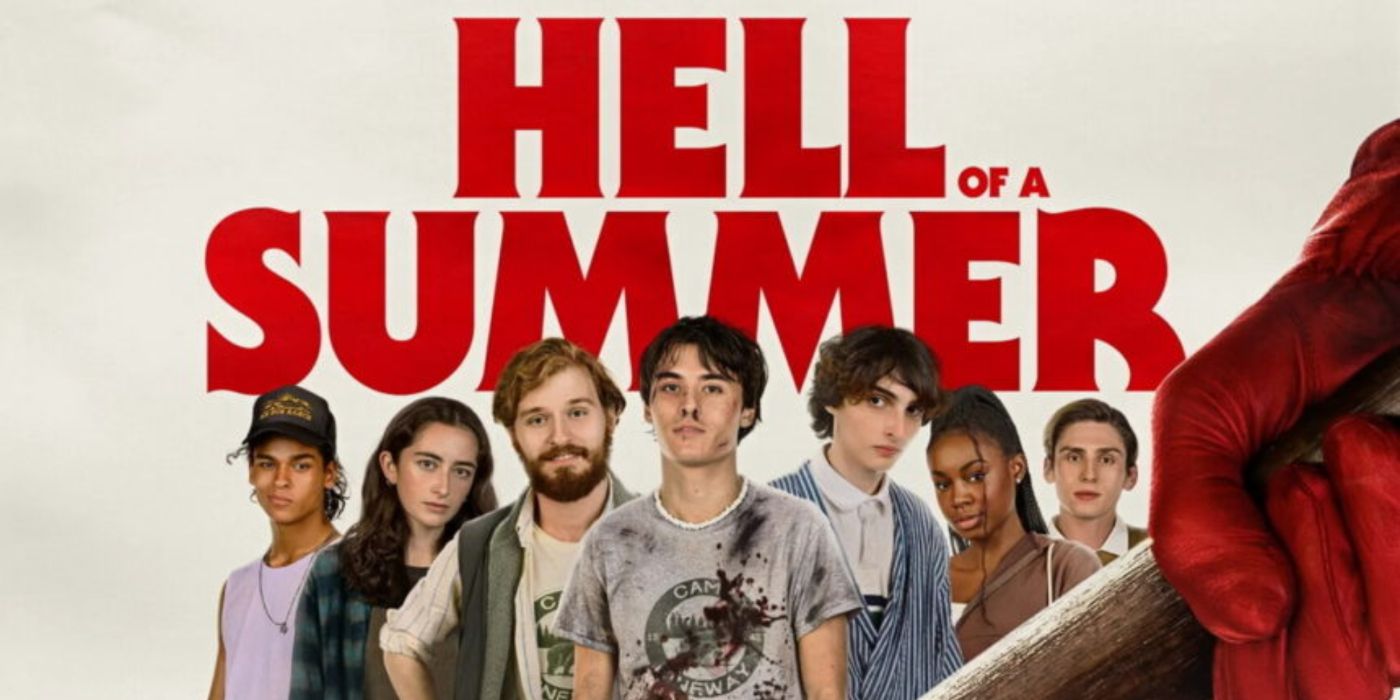



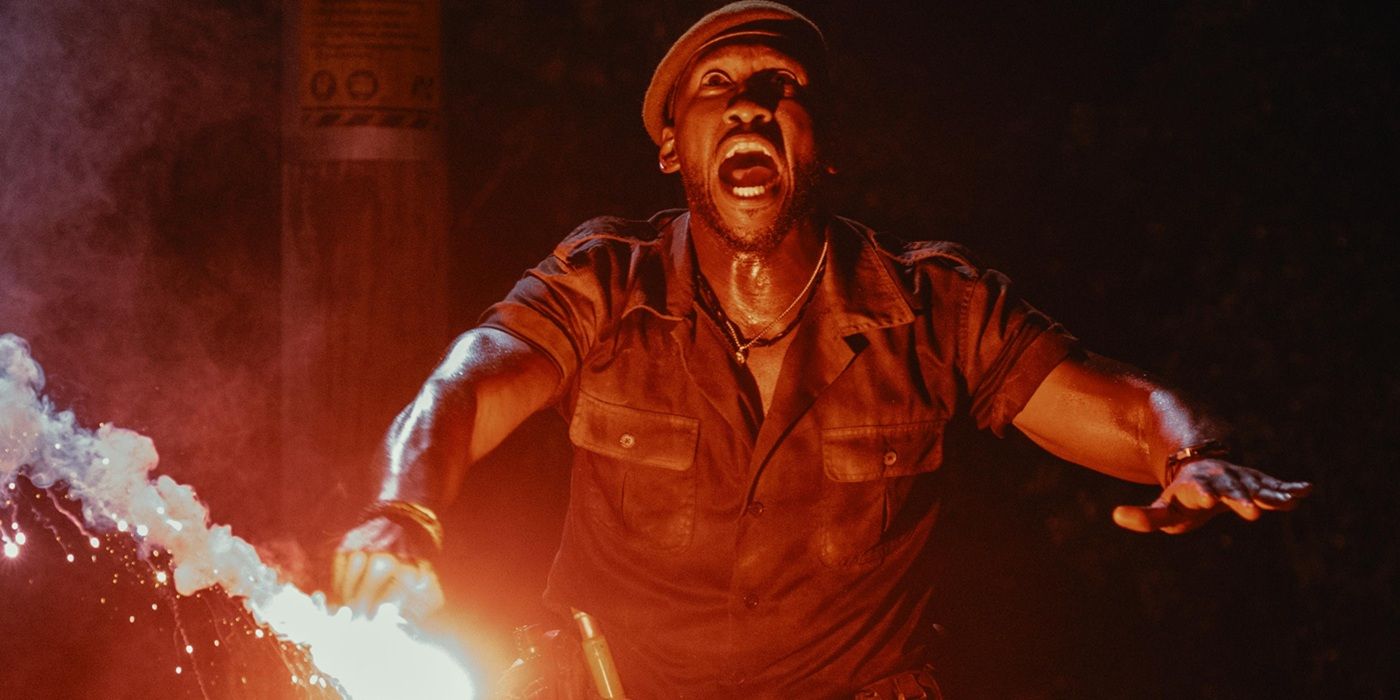

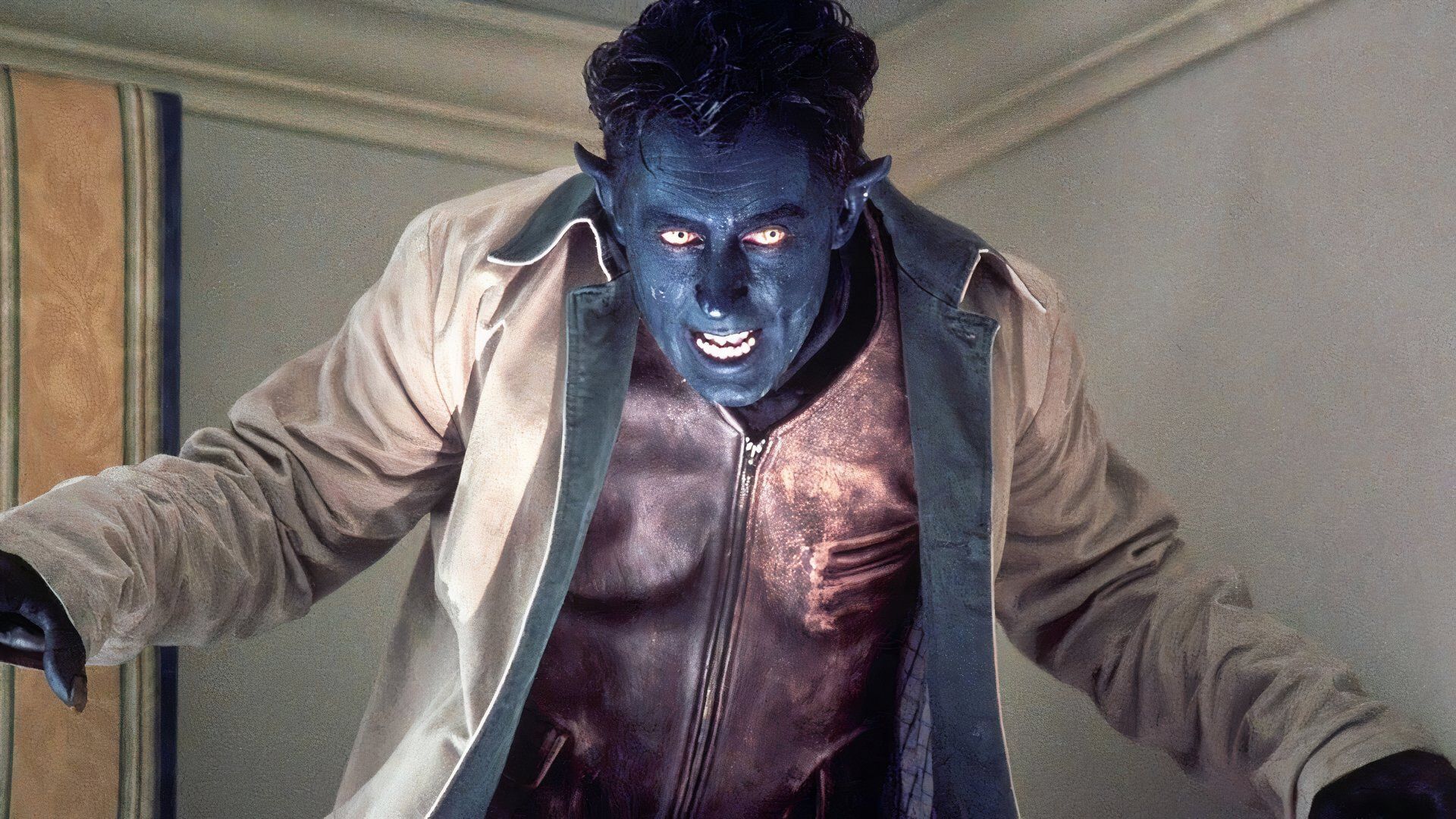




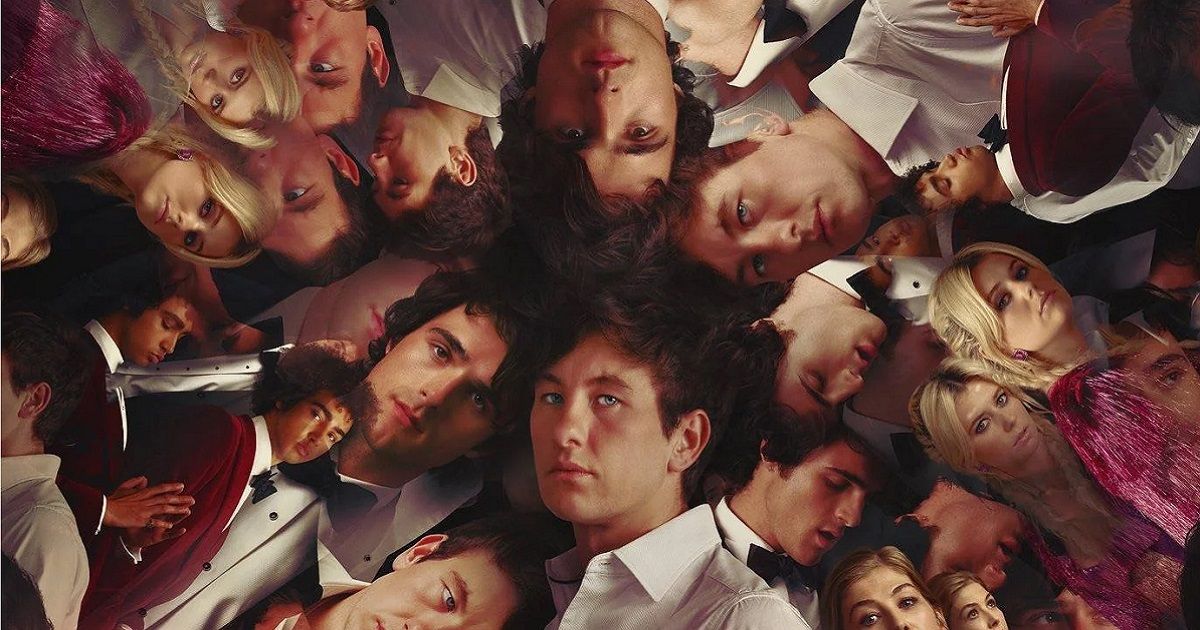


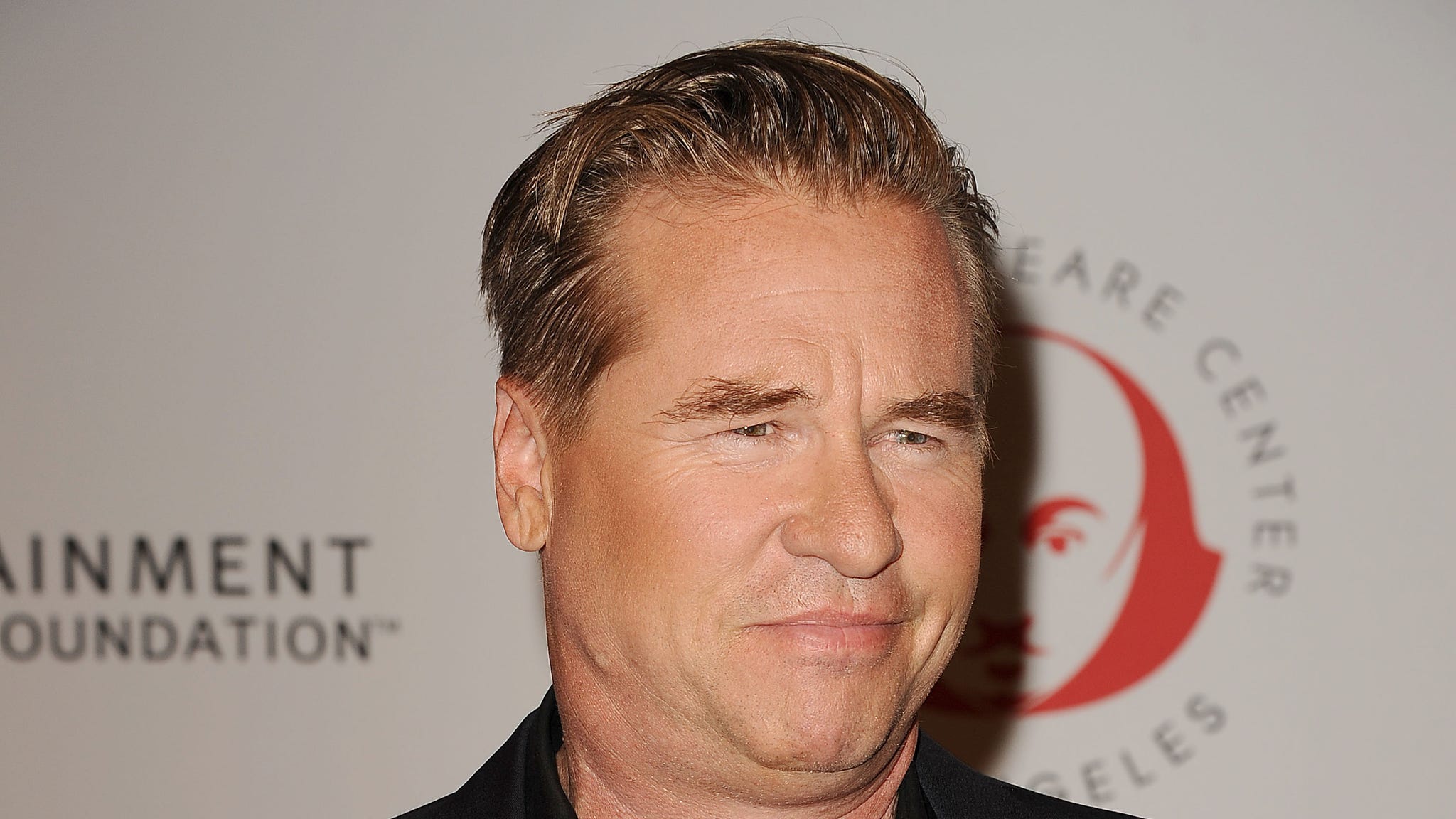
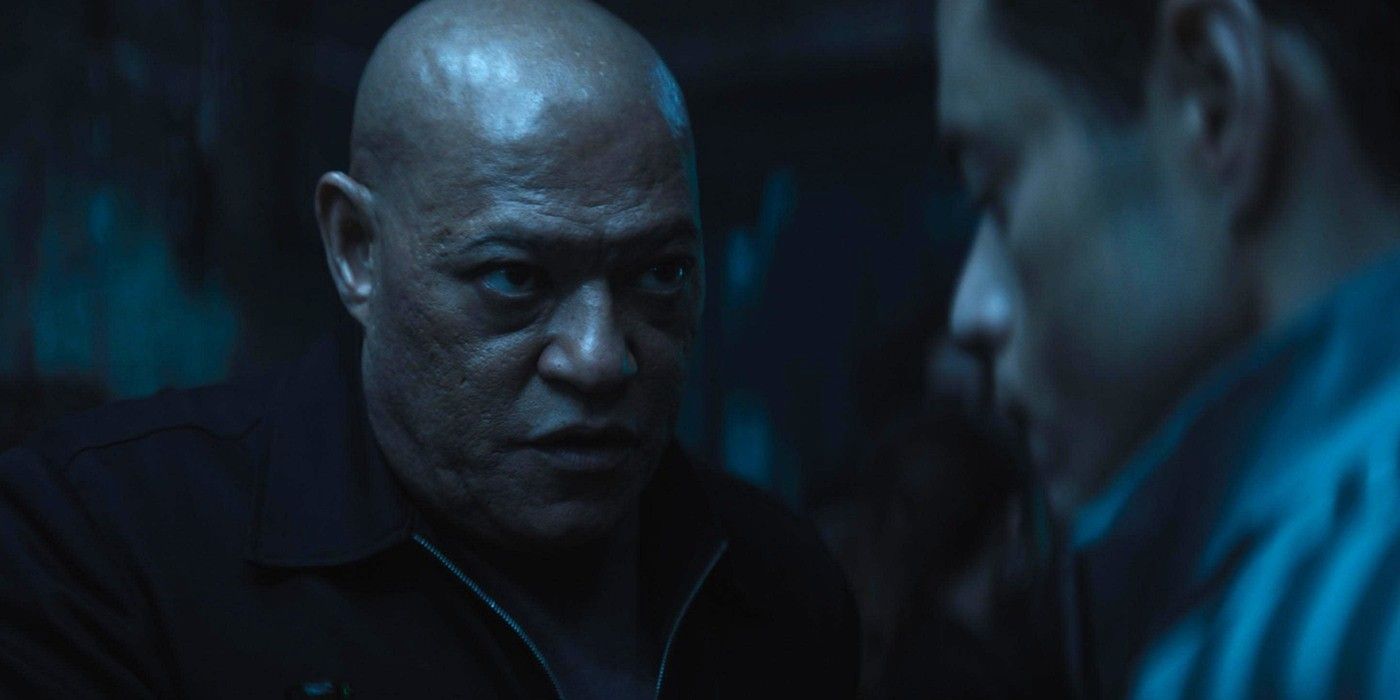



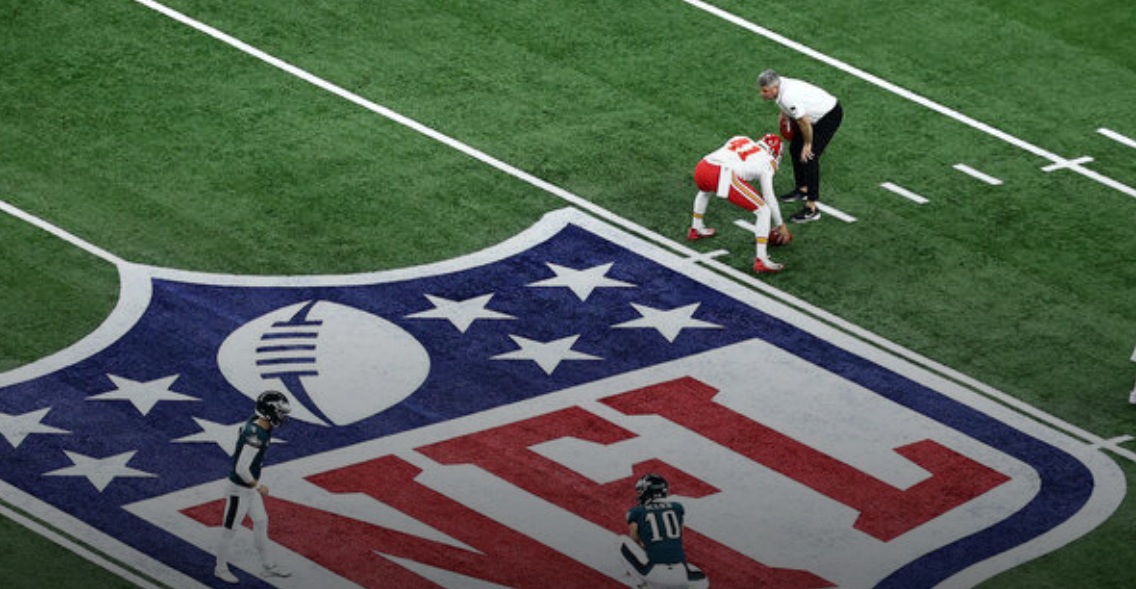



:quality(85):upscale()/2025/04/01/587/n/1922564/fe60d6be67ebe4b0bbd6f1.79749549_.png)
